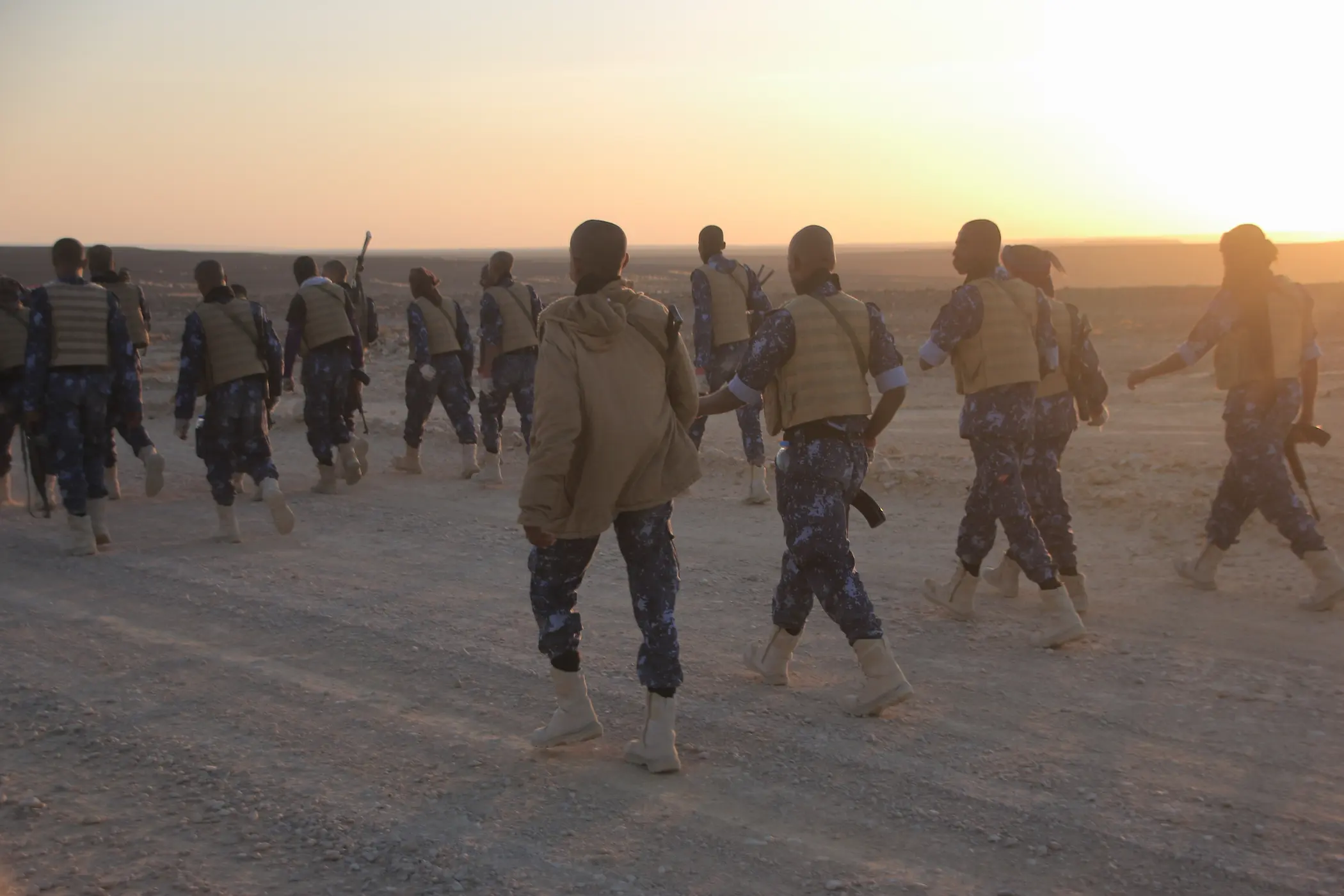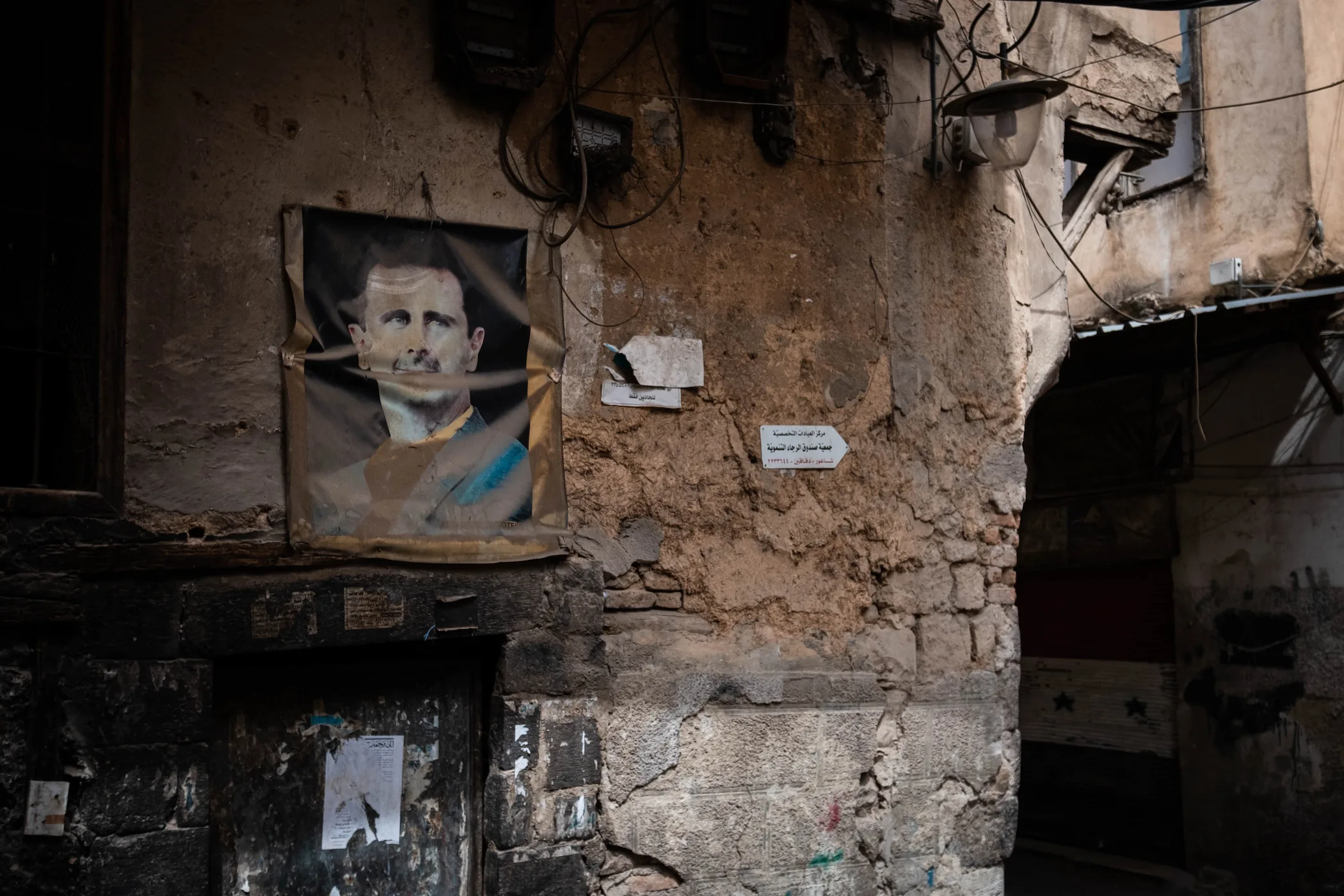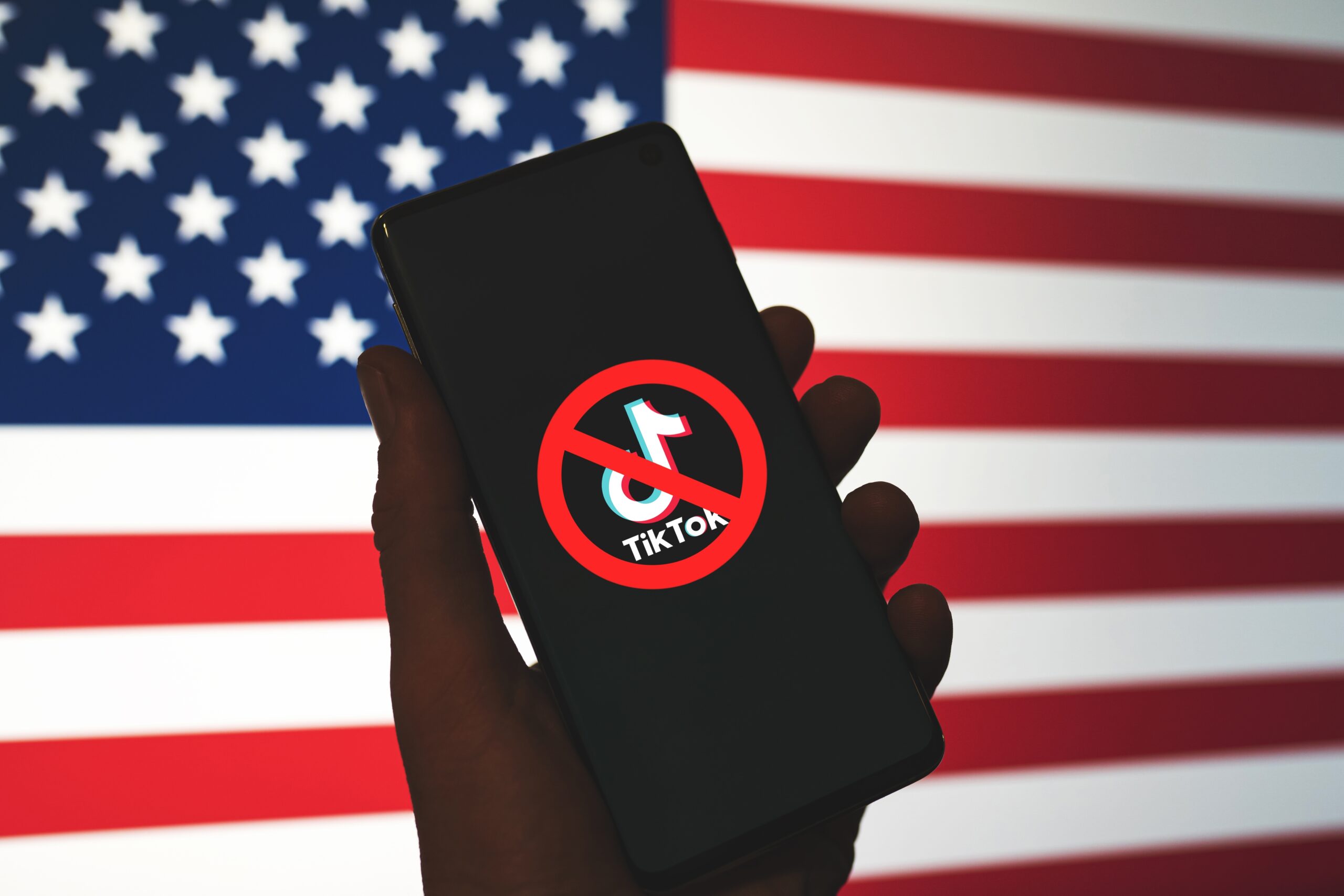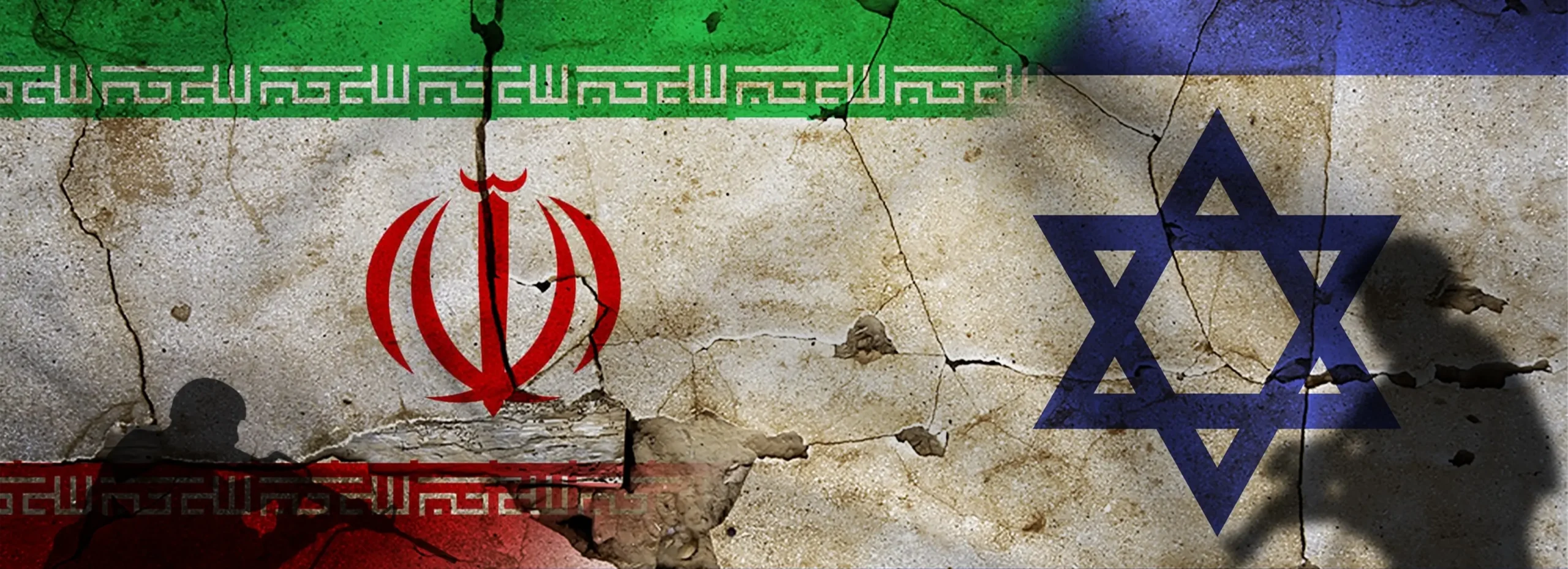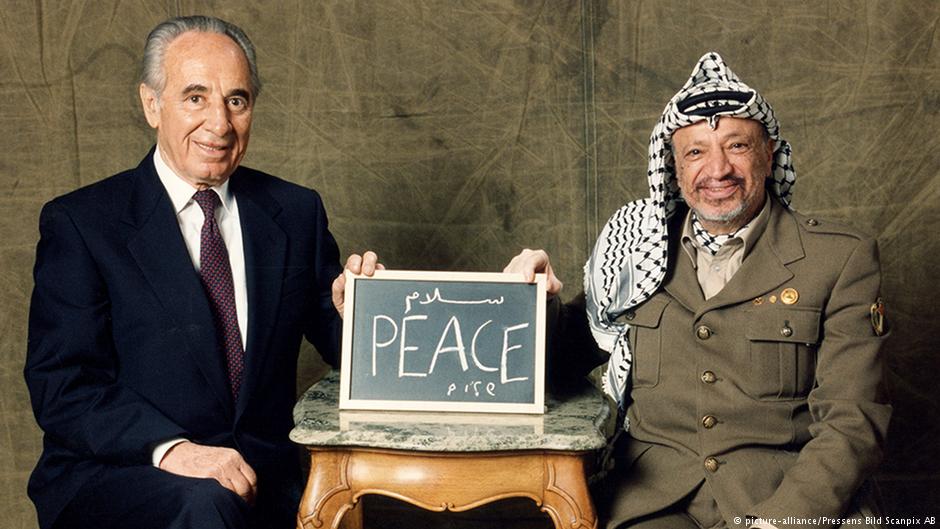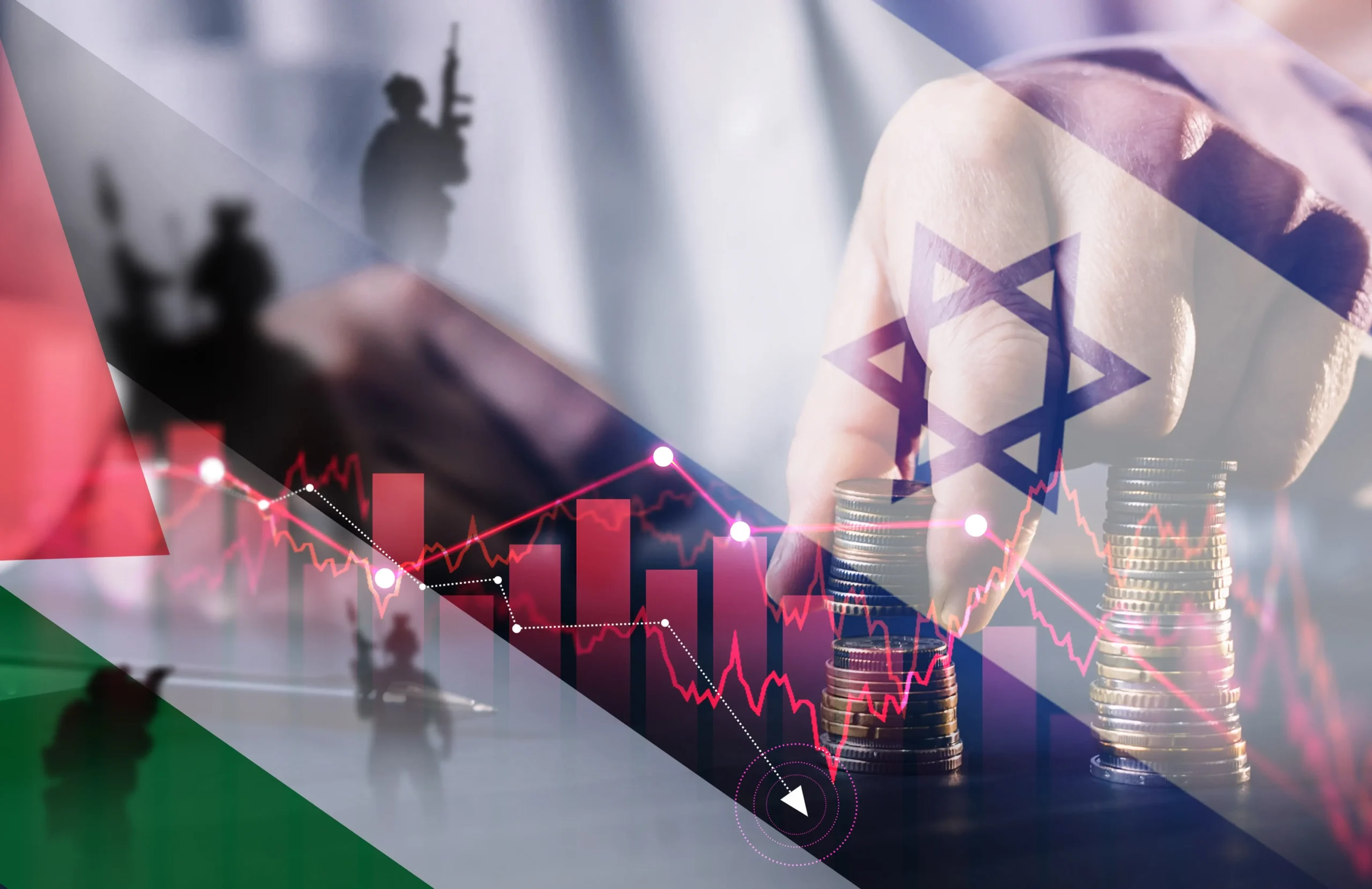3 Jun 2025
Why the Houthis Insist on Attacking Israel?
The Houthi armed group has been launching missile and drone attacks on Israel since the start of the Hamas-Israel war in October 2023. While these actions have been undertaken to show solidarity with Gaza and the Palestinian cause, the Houthi utilised these attacks to increase its popularity in Yemen. Moreover, the Houthi group, which is mainly supported by Iran, used these attacks to prove that it is capable militarily of engaging with foreign powers, hence delivering a message to the Aden-based legitimate government and its Gulf allies that it is militarily ready to engage with them.
22 Apr 2025
Truce and Tactic: The Political Calculus of Ceasefires
In today’s volatile political landscape, ceasefires are becoming increasingly relevant. While they are not designed to bring an immediate end to conflicts, they aim to provide a temporary respite in which opposing parties can engage in dialogue and work toward a resolution. Ideally, ceasefires function as transitional phases within ongoing wars, offering the opportunity for negotiation and compromise. However, as a political tool, ceasefires often fail to meet their objectives. Their effectiveness is not simply determined by military action, but by the political will and complex considerations of the parties involved. Ceasefires are heavily influenced by the intentions of the signatories, as not all parties are genuinely committed to ending hostilities. This raises important questions about how we define the success or failure of a ceasefire. If the stated goal is to end the war, yet political agendas remain hidden, the resumption of conflict may not necessarily mean that the ceasefire has failed—it could indicate that one party's objectives were unfulfilled, while the other may have achieved its goals.
Additionally, each ceasefire agreement is unique, shaped by the specific political dynamics at play, including the roles of mediators, guarantees, and the structure of the agreement itself. The Israel-Hamas ceasefire is a striking example of this complexity. While it may appear to be a failure from a broader, collective perspective, it could represent a significant political and military opportunity for Israeli Prime Minister Benjamin Netanyahu. The influence of external actors, such as U.S. President Donald Trump, must also be considered as part of the equation. Ultimately, the fragile truce between Hamas and Israel raises a critical question: Is it merely a political process, or does it reflect a deeper, more strategic calculation that extends beyond the immediate cessation of hostilities?
23 Dec 2024
The Fall of Al-Assad: Beyond the Defeat of a Regime
More than a decade after the outbreak of the Syrian Civil War, the unexpected fall of the Assad regime shocked many commentators and world leaders who believed that President Bashar Al-Assad had firmly consolidated his power. This development demonstrated that despite enduring years of civil war, Syria continues to hold strategic relevance at both regional and international levels. The conflict has provided an opportunity for regional and global powers to establish a presence in the country, amplifying the impact of the regime's collapse far beyond Syria's borders. Notably, the fallout has produced clear winners, with Turkey and Israel at the forefront, and losers, including Russia and Iran. Meanwhile, some European countries have discreetly benefited from the situation without openly acknowledging their gains.
29 Aug 2024
The Core Issue: Ammunition Manufacturing and its Effects on the Russia-Ukraine War
The Russia-Ukraine war has now entered its 18th month, with neither side achieving decisive strategic or operational control, bringing the conflict closer to a protracted stalemate rather than a resolution at the negotiation table. This prolonged uncertainty suggests that the war may continue for several more months before either party considers a truce. A similar situation is unfolding in Gaza, where the war is now in its ninth month, making it one of the longest wars in the history of the Arab-Israeli conflict, rivalled only by the wars surrounding the establishment of Israel and the War of Attrition with Egypt. Here, too, there is little indication that a resolution or even a willingness to negotiate a truce is forthcoming from either side. The possibility of a decade marked by extended wars looms on the horizon, especially if a conflict were to break out between China and one of its neighbours, whether in the Taiwan Strait or the South China Sea. This scenario is increasingly plausible given the United States' (U.S.) involvement in regional and international political and economic skirmishes directly targeting Chinese interests.
The current and anticipated wars share two key characteristics, in addition to the fact that they have taken or may take longer to resolve than expected. Firstly, they are occurring or expected to occur in regions of immense strategic importance to the world, such as the Great European Plain—one of the world's most fertile areas and a major grain-producing region—or in the heart of the Middle East, a critical juncture for global trade and energy routes. Secondly, these wars are not merely between individual countries or parties but involve broader alliances. For instance, in the Russia-Ukraine War, North Korea and Iran are indirectly aligned with Russia, while NATO supports Ukraine. Similarly, in the Israel-Hamas War, the U.S., Britain, and France are aligned with Israel, whereas Iran, Hezbollah, the Houthis, and numerous Shiite militias in Iraq and Syria support Hamas.
These two characteristics have imparted the ongoing wars with traits that, to some extent, echo those of the First and Second World Wars, particularly in terms of the intense consumption of ammunition and the resulting high death rates among the warring parties, as well as the extended length of the engagement lines. As a result, both wars have begun to consume vast quantities of ammunition and conventional weapons, especially artillery shells, to the point where the stockpiles of the forces involved have been significantly depleted or are nearing exhaustion. This depletion has made the replenishment of supplies inevitable, transferring the pressure of the battlefield to the production lines in factories. However, these factories have frequently struggled to meet the front lines' demands or replenish stockpiles, leading to a severe shortage of ammunition on all fronts for all parties involved.
This scarcity has transformed the war into a series of industrial battles, where the side with greater industrial capacity gains the upper hand by supplying its forces with more ammunition, thereby securing a tactical advantage. As a result, industry has become a direct and critical component of national security in its most narrow sense. Consequently, this analysis examines the impact of industrial capacity on the Russia-Ukraine war, focusing specifically on the artillery capabilities of both sides.
28 Jul 2024
Are the Paris Olympics Too Political?
The Paris 2024 Olympics edition is undoubtedly unique. While the Olympics have always been political, this time they are taking place amid significant uncertainty and instability in the host country, as well as on a global stage already heated by two ongoing wars which makes it a particularly distinctive Olympics. This highly anticipated event is expected to be leveraged by President Emmanuel Macron as he seeks to restore some of his lost prestige following his party's defeat in the snap elections he called for. Nevertheless, France is likely to encounter numerous internal and external challenges leaving political events overshadowing athletic performances.
9 Jul 2024
Futurescapes Issue 2 – MENA at a Crossroads: Unveiling Looming Risks
At this pivotal juncture, the MENA region stands at a critical crossroads. The region is experiencing a decisive moment that will shape the future dynamics of inter-country relations and regional security, which has faced significant threats in recent years. This publication, prepared by a team of experienced researchers at the renowned Al Habtoor Research Centre, endeavours to forecast the Middle East's impending challenges. It aims to delineate the region's comprehensive political, economic, and security landscape over the past years.
Through a series of incisive analyses, we address the geo-economic challenges and their profound impact on the future of the Middle East and North Africa. These analyses are situated within the context of the sweeping transformations occurring in the global system, a system characterised by economic conflicts that both influence and are influenced by ongoing security and military escalations. These conflicts have altered the global power map and are anticipated to significantly reshape the current world order, making our research all the more pertinent.
Moreover, we examine the risks engendered by the prevailing state of uncertainty, which threatens nations' economic prospects and disrupts critical and vital trade corridors and routes such as the Suez Canal, Bab El Mandab, and the Strait of Hormuz. These corridors are indispensable to global energy security and international trade. The manifestation of these threats is evident in the tensions and conflicts we have observed in the Red Sea, which have heightened fears of potential disruptions escalating into broader military confrontations.
The publication further delves into the new frontiers of warfare, particularly the transformations imposed by cyberspace on the nature and strategies of conflicts. These changes have redefined armament and deterrence methods, yet the region remains significantly unprepared for these evolving threats. At a time when the Middle East is increasingly becoming an attractive target for cyber-attacks and unconventional warfare, there is an urgent and pressing need to enhance preparedness for such confrontations.
In the region’s prevailing instability and escalating political and security tensions, which have precipitated severe humanitarian crises, the migration challenge has surfaced as a critical determinant of the region’s future. Prominent among these tensions are the civil war in Sudan, the ongoing instability in Lebanon, and the conflict in Gaza. Additionally, the continuous deterioration of internal situations in Syria, Libya, Iraq, and Yemen has posed significant challenges for neighbouring countries. These conflicts have profoundly affected migration dynamics in the region, resulting in substantial security and political ramifications that are expected to unfold in the coming period. The migration issues also present vulnerabilities and potential entry points for external agendas to influence aid-receiving nations.
In this context, the region's climate change challenges also invite external actors to impose their agendas. These actors often condition their support and assistance for addressing climate change on political and security changes, thereby imposing different priorities on the region's countries and threatening its stability.
Ultimately, this publication represents the culmination of extensive brainstorming and research conducted over an extended period by our dedicated team alongside numerous experts and specialists. Our goal has been to produce a structured forecast for the future of a region mired in chaos, which inherently complicates the creation of definitive predictive models for the coming years. At Al Habtoor Research Centre, we are committed to illuminating the often-overlooked areas, especially those pertaining to anticipated crises and potential risks. This publication is part of a series of research outputs aimed at contributing to a more stable and prosperous future for a region beset by threats.
22 Apr 2024
The War on TikTok: Security Concerns and Anti-Semitism
Social media has played a pivotal role in reshaping the narratives of the Palestinian-Israeli conflict since the outbreak of Oct. 7. The dissemination of news and information now extends far beyond traditional media outlets. Instead, social media platforms have emerged as potent influencers, surpassing the resonance of weapons and delineating a global divide between Israel and Palestine. These platforms have become arenas of contention, with users segregating into supporters and opponents, rendering them susceptible to content-related pressures amid the war. The war on Gaza has once again thrust TikTok into a heated discourse regarding the application's dangers and impact as a global forum for ordinary individuals to voice their opinions while also serving as a battleground for political factions to vie for narrative control. This debate assumes added significance as the audience of traditional news outlets continues to dwindle.
Recently, numerous TikTok videos concerning the war on Gaza garnered widespread attention, accompanied by pro-Palestinian hashtags, prompting Israeli President Isaac Herzog to engage in discussions with TikTok executives in February 2024. Expressing apprehension over the surge in antisemitic content on the platform since the onset of the Israeli war on Gaza, they assured President Herzog of their commitment to address the issue in the future. In a related context, social media companies based in the United States have already demonstrated a readiness to censor pro-Palestinian content. Human Rights Watch, in its December 2023 report, documented over 1,050 instances of content removal and suppression on Instagram and Facebook by Palestinians and their supporters between October and November 2023.
In this context, U.S. legislators, conservative activists, and technology investors have voiced calls to ban TikTok in the U.S., citing escalating concerns. These calls gained significant traction on March 13, 2024, when the U.S. House of Representatives overwhelmingly voted in favour of a bill. The bill places ByteDance, the parent company of TikTok, with two options, both fraught with implications: either sell the application to a U.S.-based company or confront a ban on distribution through significant platforms and application stores. President Joseph Biden voiced his backing for the bill and signalled his readiness to sign it into law pending Senate approval. However, the U.S. initiative this time brings forth broader concerns beyond national security, encompassing the application's ramifications on Israel's reputation. The country's standing has been damaged due to the swift dissemination of content depicting Israel's crimes against civilians in the Gaza Strip.
This analysis aims to elucidate the reasons behind the shift in the U.S. perspective on TikTok, moving from security concerns to the perception of promoting antisemitism. What repercussions would the embargo have on both the United States and Israel?
17 Apr 2024
The Fallout of Escalating Iranian-Israeli Tensions
The Iranian Revolutionary Guard's Air Force made a historic move by launching a direct assault on Israel in an operation dubbed "The True Promise," marking the first instance of such an attack originating from Iranian territory. Late on Saturday, April 13, 2024, Israeli cities were subjected to a relentless barrage of drones and ballistic missiles, signalling a significant escalation in tensions between the two nations. This offensive action follows Iran's earlier pledge to retaliate against Israel for its targeting of the Iranian consulate in Damascus, an incident that resulted in the deaths of seven Revolutionary Guard members, including two high-ranking leaders, on April 1.
This calculated escalation underscores Iran's unwavering commitment to defending its sovereignty and national interests while bolstering regional security. The global spotlight now shifts to the scale, sophistication, and broader implications of Iran's strike against Israel.
The Iranian assault on Israeli soil marks a pivotal moment in the ongoing conflict between the two adversaries, thrusting their hostilities from the shadows into the open arena of direct confrontation.
Against this backdrop, the Israeli response hinges on several key factors. Firstly, the extent to which Iranian proxies, such as the Houthis and Hezbollah, may actively participate in the conflict will influence Israel's strategic calculus. Secondly, the response will be shaped by the presence or absence of casualties among Israeli forces, as well as the effectiveness of its defence systems, bolstered by support from the United States, in mitigating potential damage. Lastly, how Israel opts to retaliate will be of paramount importance in determining the trajectory of the conflict.
Consequently, this analysis aims to elucidate the attack's ramifications and its economic repercussions on the parties involved in the conflict.
5 Feb 2024
Navigating the Two-State Solution: Balancing Possibility and Hope in the Palestinian Cause
The Palestinian-Israeli conflict stands as one of the world's most intricate and pressing issues, marked by enduring conflicts between Palestinians and Israelis, with potentially dire consequences that could escalate into a regional war. In 1993, both Yasser Arafat, leader of the Palestine Liberation Organisation, and Israeli Prime Minister Yitzhak Rabin embraced the two-state solution, leading to the signing of the Oslo Accords. The essence of these agreements aimed at establishing two states, one for Palestinians and the other for Israelis, as a pivotal step toward a conclusive resolution to the prolonged and costly conflict. Unfortunately, the intended implementation of these agreements faltered, resulting in failed efforts and the division of Palestinian society between Fatah in the West Bank and Hamas in the Gaza Strip. Instead of fostering confidence, Israeli positions hardened toward Palestinians, leading to a surge in settlements in the West Bank and east Jerusalem. Currently, approximately 700,000 Israelis reside on lands designated for the Palestinian State, contributing to a decline in both regional and global interest in the matter.
The Palestinian cause regained global prominence with the events of October 7, marking the end of a three-decade stagnation and a background role amid the Arab Spring and subsequent regional and global crises. The Israel-Hamas War raised international concerns about the potential escalation into a regional war. It heightened fears of derailing the Middle East peace process, particularly the "two-state solution." Israeli officials have recently declared that this option no longer exists, despite opposition and warnings from some of Tel Aviv's closest allies, notably Washington.
These indicators underscore the notion that stability in the Middle East hinges on a resolution to the Palestinian cause that aligns with the national aspirations of the Palestinian people. Consequently, discussions surrounding a two-state solution have resurfaced as the optimal proposal to end the conflict, serving as an alternative to the right-wing expansion and settlement policy on the West Bank. Such a policy could potentially isolate and compromise Israel's security while significantly depleting its military and financial resources. Hence, this analysis addresses the crucial question: Is the two-state solution still viable given the current circumstances?
30 Nov 2023
The West Polarised: Impact of the War in Gaza
Ramifications of the Israeli-Hamas War have not been confined within Gaza or the Middle East’s borders. Polarisation over the Palestinian cause has reached a new character especially in the Western world where such a trend has never been as deep. Cracks within governments and societies can be traced to a volatility of values, exposure to social media, and demographic changes. With such an unprecedented divide over Western governments tolerating Israeli impunity in Gaza, the West is faced with a moral dilemma which might cost it it’s claimed “moral superiority”.
6 Nov 2023
Israel’s War is Testing its Economic Resilience
The conflict between Hamas and Israel has been ongoing for the past four weeks, resulting in a devastating loss of life. Over 9,056 Palestinian casualties have been reported, while the Israeli side has suffered approximately 1,728 casualties. In addition to the profound human casualties, the conflict has negatively impacted the Israeli economy and is testing its resilience.
